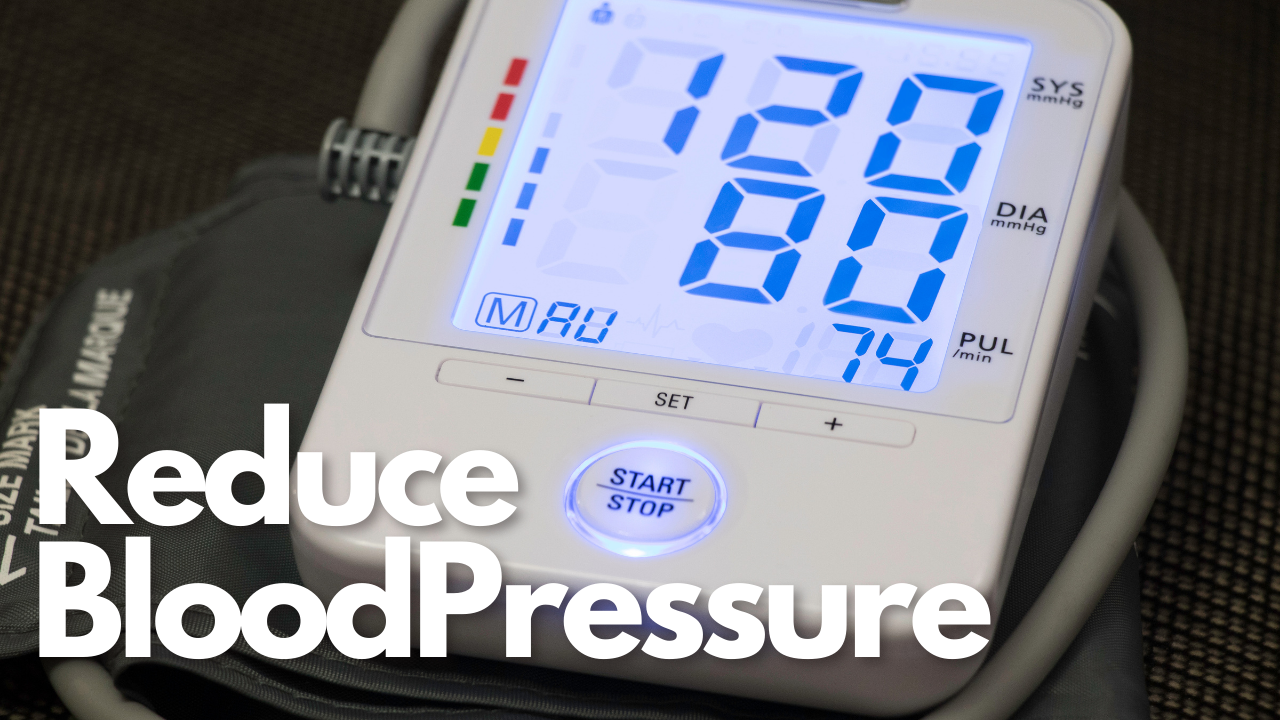Top 5 Lifestyle Changes to Lower Your Blood Pressure
High blood pressure (hypertension) is one of the leading risk factors for cardiovascular disease, heart attacks, and strokes. The good news? You can take simple, effective steps to lower your blood pressure and improve your overall heart health. By making these lifestyle changes, you can significantly reduce your risk and live a healthier, longer life.
Here are the top 5 lifestyle changes you can start today:
1. Get Moving: Exercise Regularly
Why it helps: Regular physical activity strengthens your heart, helps lower blood pressure, and keeps your arteries flexible. It also aids in weight loss, which further reduces hypertension.
How to start: Aim for at least 30 minutes of moderate activity most days of the week. Walking, jogging, swimming, or even gardening can make a big difference. If you’re just starting out, go for 10-minute sessions and gradually build up your endurance.
For more information on how exercise can reduce your blood pressure, check out the American Heart Association’s tips on physical activity.
2. Eat Heart-Healthy Foods
Why it helps: Your diet plays a huge role in your blood pressure. A balanced diet rich in fruits, vegetables, whole grains, and lean proteins can lower hypertension and improve overall heart function.
Key tips:
- Reduce your sodium intake by cutting back on processed and packaged foods.
- Eat more potassium-rich foods like bananas, spinach, and potatoes.
- Choose healthy fats like those found in avocados, nuts, and olive oil over saturated and trans fats.
Learn more about heart-healthy foods in our blog post Heart-Healthy Foods to Include in Your Diet.
3. Watch Your Weight
Why it helps: Maintaining a healthy weight reduces the strain on your heart and lowers blood pressure. Every extra pound puts added pressure on your blood vessels, so shedding even a small amount of weight can have a big impact.
What to do: Calculate your Body Mass Index (BMI) and aim to stay within a healthy range. A balanced diet combined with regular exercise will help you lose excess weight and keep it off.
For more information on maintaining a healthy weight, read the CDC’s guide to healthy weight.
4. Manage Stress
Why it helps: Chronic stress can lead to elevated blood pressure levels over time. Learning to manage stress not only benefits your heart but improves your overall well-being.
Stress-busting strategies:
- Practice relaxation techniques like deep breathing, meditation, or yoga.
- Engage in hobbies or activities you enjoy.
- Take short breaks during the day to recharge mentally.
If you’re looking for ways to manage stress effectively, the Mayo Clinic offers excellent advice on stress reduction.
5. Limit Alcohol and Quit Smoking
Why it helps: Both alcohol and smoking can increase blood pressure and damage your blood vessels. While moderate alcohol consumption might be okay, too much can raise your risk for hypertension.
How to cut back:
- Limit alcohol to no more than one drink per day for women and two for men.
- Seek support to quit smoking through resources like counseling or nicotine replacement therapies.
For more information on how quitting smoking benefits your health, visit the American Lung Association.
Bonus Tip: Monitor Your Blood Pressure Regularly
Why it helps: Keeping track of your blood pressure at home can help you stay on top of any changes. Early detection of high blood pressure allows you to take action before it leads to more serious issues like heart attacks and strokes. Learn more about home blood pressure monitoring in our blog post How to Monitor Blood Pressure at Home.
Lowering your blood pressure doesn’t have to be complicated. By making these small, manageable lifestyle changes, you can take control of your health and reduce your risk of heart disease. Start today, and your heart will thank you!




